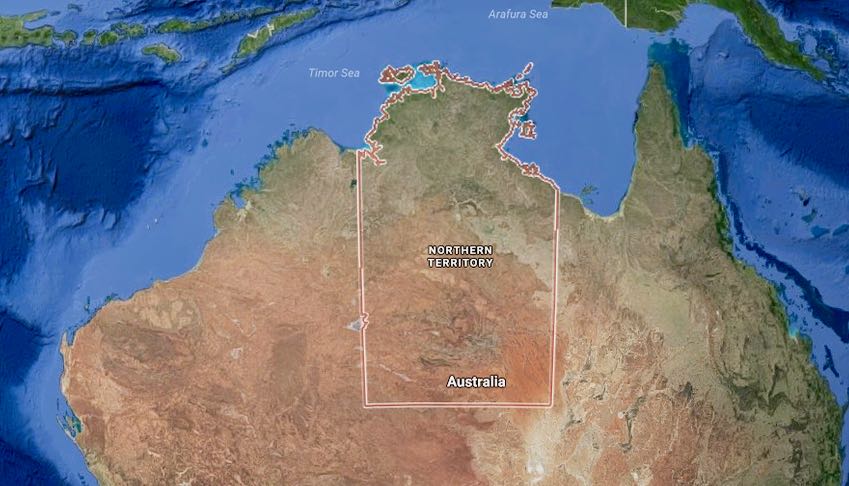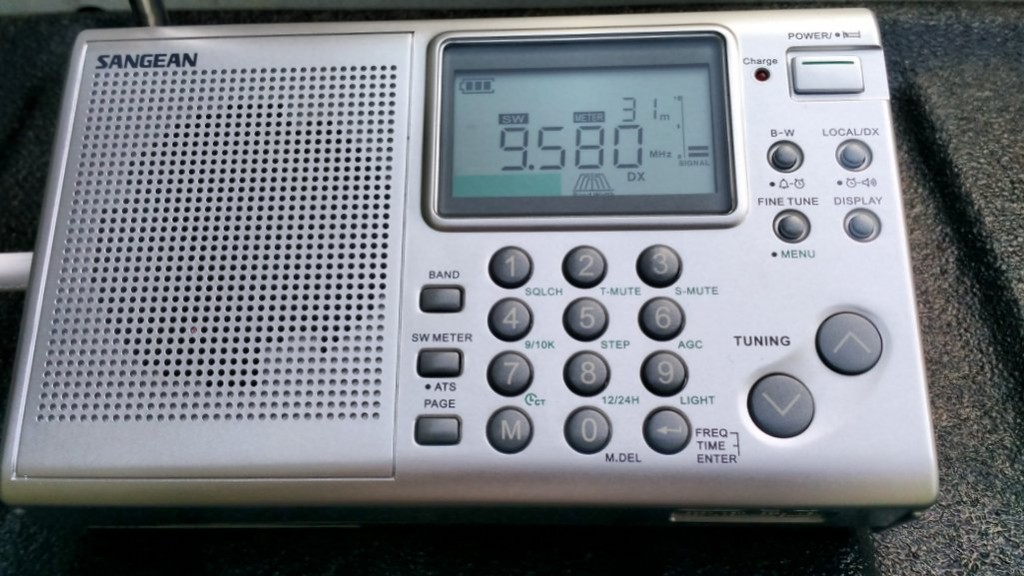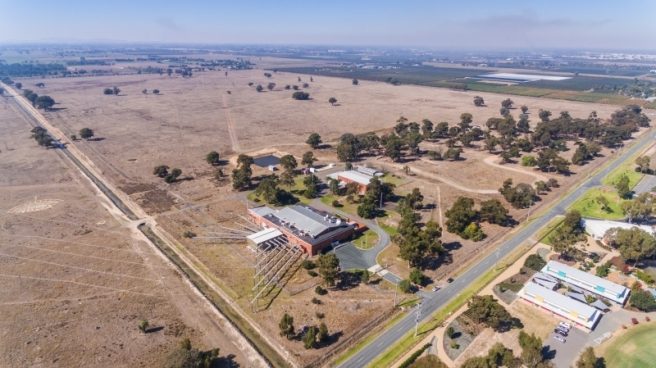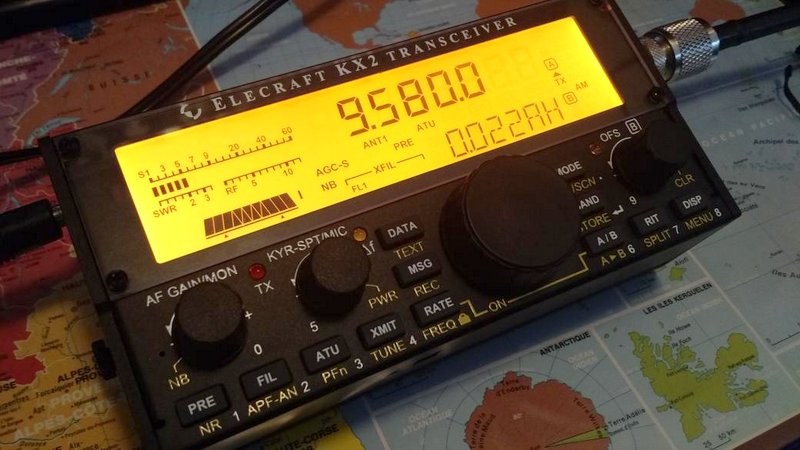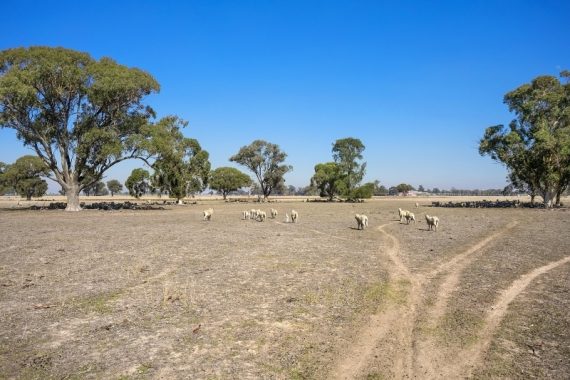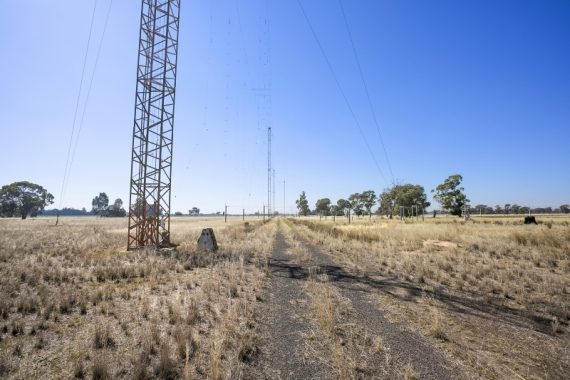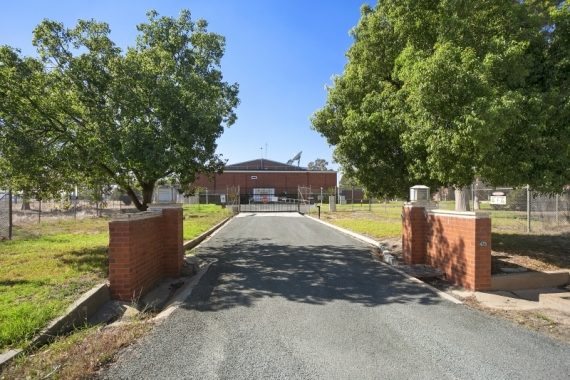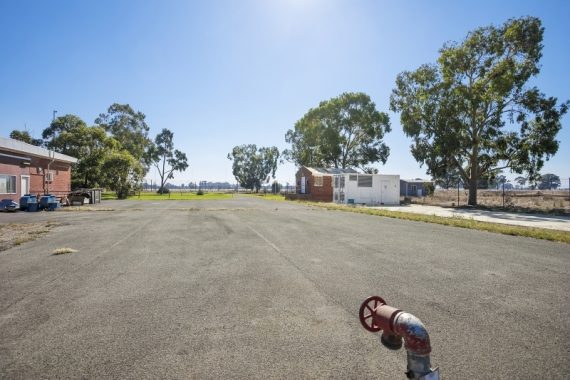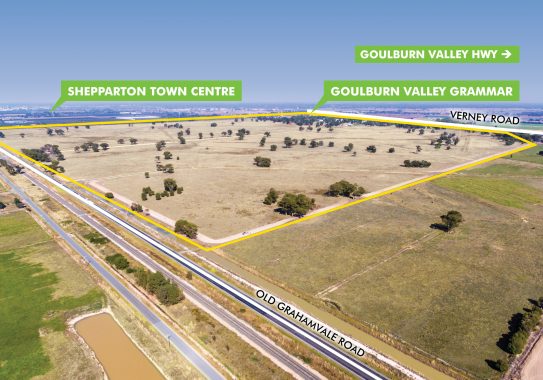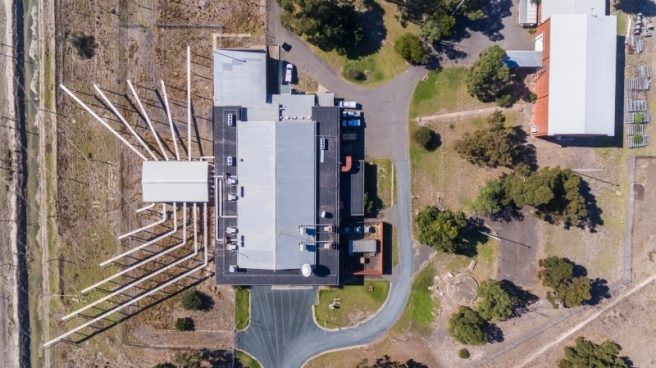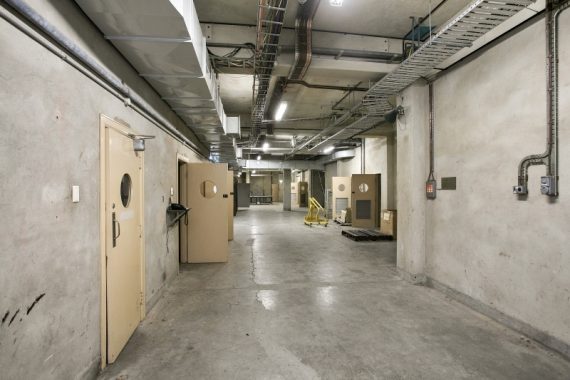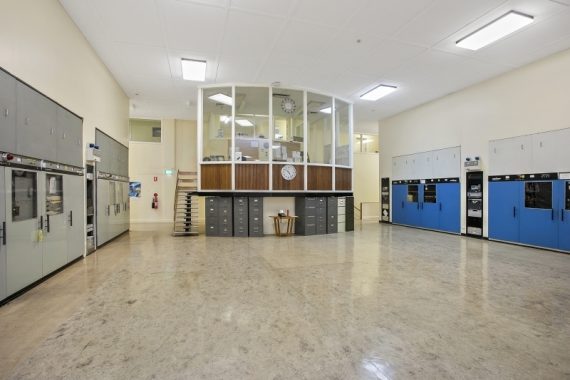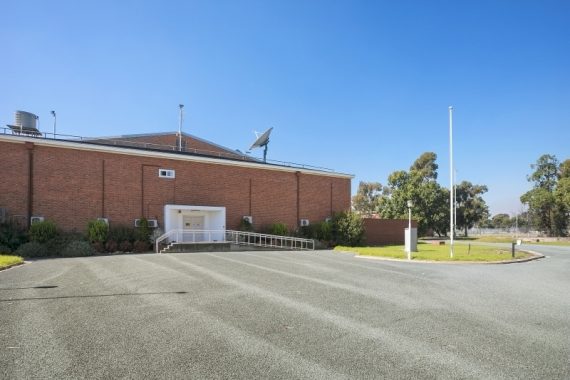(Source: The Guardian via Ian P)
Reduction of local news and station closures disastrous for people living outside Australia’s cities, researchers say
Cuts to the ABC in regional and rural Australia and the corporation’s increasing reliance on digital technologies is jeopardising the safety of remote communities and their access to emergency warnings, Deakin University research has found.
The ABC’s increasingly “digital-first” approach to emergency information and the reduction in ABC reporters’ local knowledge is causing great distress among rural populations who rely on broadcast signals because they don’t have the bandwidth or coverage for digital, researchers say.
A reduction of local news and information, centralised newsrooms in metropolitan areas, the closure of several ABC stations and the scaling back of broadcast programming has been disastrous for people outside the cities, according to a new study, Communication life line? ABC emergency broadcasting in rural/regional Australia.
But the ABC has played down the study’s significance, saying it is based on parliamentary submissions and is not an “accurate or up-to-date” summary of the corporation’s role in rural and regional Australia; and that the ABC is not funded as an emergency service.
Based on public submissions to a parliamentary inquiry, the researchers Julie Freeman, Kristy Hess and Lisa Waller found “burgeoning discontent about the corporation’s ability to fulfil its role as a designated emergency broadcaster and provide communication life lines to rural and regional communities”.[…]

